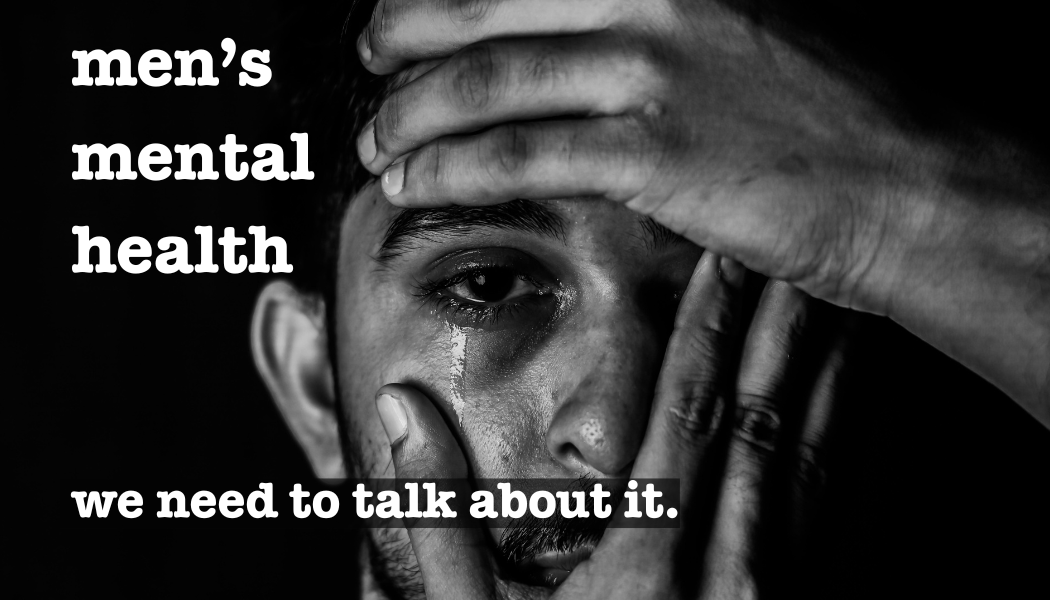
Men’s Mental Health: It’s Not Weak to Speak
Men’s Mental Health: It’s Not Weak to Speak
Men are human, too.
Men hurt. Men struggle.
Men deserve help. Period.
We need to talk about it—not to fix it, but to make space for it and let the men in our lives know they are not alone.
What It Looks Like
Men’s mental health rarely announces itself with tears or “I’m not okay” (though it absolutely can). More often, it hides in plain sight:
-
Anger and outbursts over seemingly nothing
-
Withdrawal and isolation
-
Glued to their phone
-
Working 60+ hours a week, chasing productivity
-
Snapping when asked, “How are you?”
-
Numbing with alcohol, weed, or endless scrolling
-
“I’m just tired”—but they’re actually drowning
It’s that flat, hollow feeling that doesn’t lift. The quiet heaviness. The looping thought: I should be fine, while something deeper aches underneath.
Why It’s Hard to Reach Out
Let’s be honest: society didn’t exactly give men a roadmap for this.
-
They were taught emotions = weakness. From “man up” to “don’t cry like a girl,” many boys learned early on to bottle it up and keep going.
-
They weren’t given the words. A lot of men experience alexithymia—a clinical term for difficulty identifying and expressing feelings. Not because they’re cold or broken, but because they never got the emotional language to even try.
-
Mental health feels foreign. For many men, therapy feels like failure. Vulnerability feels like walking into battle without armor.
-
They’ve been the fixer for so long. It’s hard to ask for help when your role has always been holding it together for everyone else.
What Works
-
Honest conversations:
The kind where someone says, “You seem off lately,” and actually listens. No fixing. Just presence. -
Language that lands:
“Depression” might feel too clinical. Try: “burned out,” “not feeling like yourself,” or “carrying a lot.” Ask how it shows up—not just how they feel. -
Tangible tools:
Movement-based coping skills. Tactile hobbies. Grounding practices that don’t require sitting still and “processing” if that’s not their style. -
Representation:
Seeing other men talk openly about mental health makes it safer for others to do the same. Here are two powerful examples to watch and share. - Joe Ehrmann a former NFL player who now speaks about what it really means to be a man. Watch Here
-
Brian Dawkins the former Eagles safety whose Hall of Fame speech was a raw, powerful testament to the reality of mental health and healing. Watch Here
-
Permission: To not have it all figured out. To need help. To be fully human.
Men deserve more than silence.
More than “he’s just tired” or “he’s not a talker.”
They deserve spaces where it’s safe to drop the armor.
The truth is,Talking about your mental health doesn’t make you less of a man—it makes you more human.
And that’s the kind of strength we should be celebrating.
Want a great gift for a man in your life who might need support?
Our Starter Kit and Essentials Kit are designed with real tools for real healing. Perfect for anyone just starting their journey.

